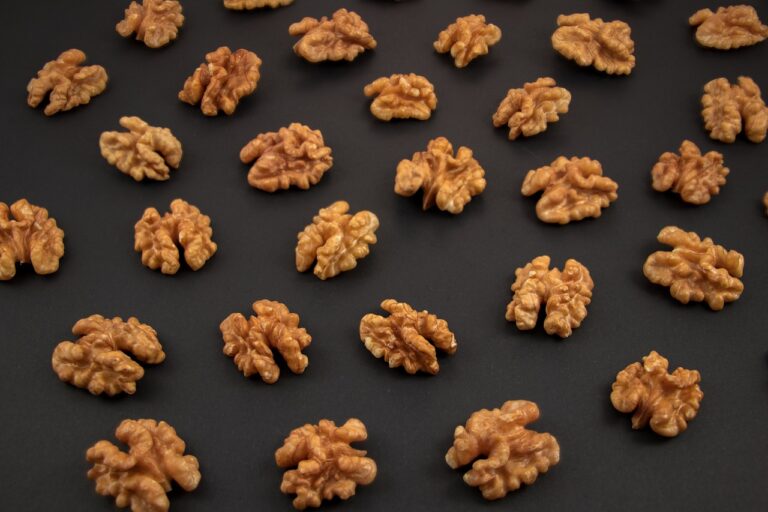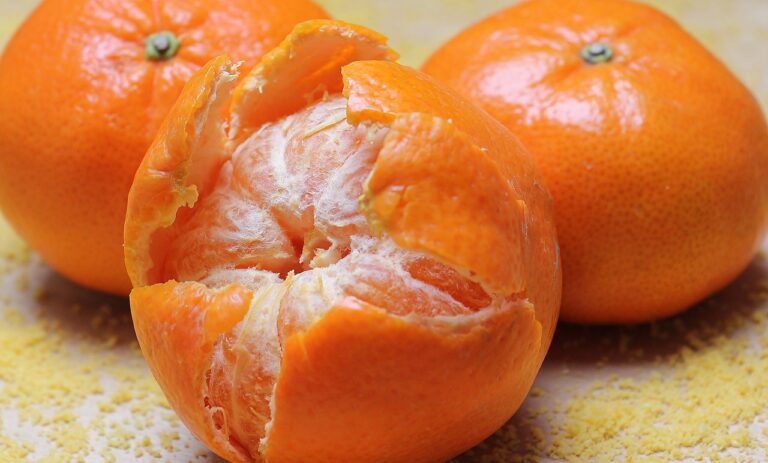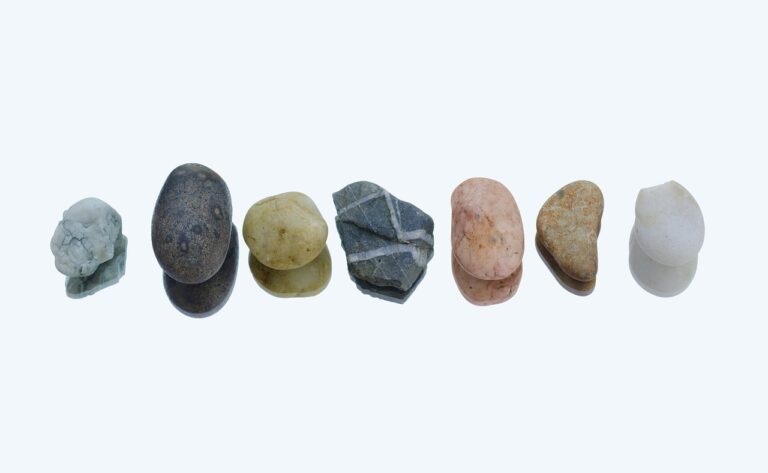Exploring the Health Benefits of Herbal Remedies
Herbal remedies have been utilized for centuries to address various ailments and promote overall health and well-being. In ancient civilizations such as Egypt, Greece, China, and India, plants and herbs were revered for their medicinal properties and were often incorporated into healing practices. These traditional remedies were passed down through generations and played a significant role in the history of medicine.
The use of herbal remedies spread across different cultures and regions, each developing its own unique approach to herbal healing. In medieval Europe, herbalism flourished, with monasteries cultivating herb gardens and compiling extensive manuscripts detailing the curative properties of plants. Similarly, Indigenous cultures around the world have long relied on the healing powers of native herbs and plants to treat a wide range of illnesses and ailments.
Herbal remedies have a long history of use in various ancient civilizations
Traditional remedies were passed down through generations
Different cultures developed unique approaches to herbal healing
Monasteries in medieval Europe cultivated herb gardens and compiled manuscripts on plant properties
Indigenous cultures globally rely on native herbs for medicinal purposes
Understanding the Science Behind Herbal Remedies
Herbal remedies have been utilized for centuries across different cultures for their perceived health benefits. These remedies typically involve the use of plants, roots, and other natural substances to address various health concerns. While the effectiveness of herbal remedies is often based on anecdotal evidence and historical use, there is a growing interest in understanding the scientific mechanisms behind their healing properties.
Researchers are increasingly exploring the bioactive compounds found in plants that may contribute to the therapeutic effects of herbal remedies. These compounds, such as polyphenols, flavonoids, and terpenes, have been shown to possess antioxidant, anti-inflammatory, and antimicrobial properties. By studying the interactions between these bioactive compounds and the human body at a molecular level, scientists aim to uncover the specific mechanisms through which herbal remedies exert their health-promoting effects.
Common Herbal Remedies for Digestive Health
Ginger has been used for centuries as a natural remedy for digestive issues. It contains compounds that help to relax the gastrointestinal muscles, reducing symptoms such as bloating, gas, and indigestion. Whether consumed fresh, as a tea, or in supplement form, ginger can provide relief for various digestive discomforts.
Peppermint is another popular herbal remedy for digestive health. Its menthol component helps to soothe stomach muscles and reduce spasms, making it effective for alleviating symptoms of irritable bowel syndrome (IBS), indigestion, and nausea. Peppermint tea or capsules are commonly used to promote better digestion and ease gastrointestinal issues.
What are some common herbal remedies used for digestive health?
Some common herbal remedies for digestive health include peppermint, ginger, chamomile, and fennel.
How were herbal remedies historically used for digestive health?
Herbal remedies have been used for centuries to treat digestive issues. For example, peppermint was used by the ancient Egyptians to aid in digestion.
Is there scientific evidence to support the use of herbal remedies for digestive health?
Yes, there have been studies that show the effectiveness of certain herbs in improving digestion. For example, ginger has been found to help with nausea and indigestion.
Are there any side effects to using herbal remedies for digestive health?
While herbal remedies are generally considered safe, some people may experience side effects such as allergies or interactions with medications. It’s always best to consult with a healthcare provider before using herbal remedies.
How can I incorporate herbal remedies into my daily routine for digestive health?
Herbal remedies can be consumed in various forms such as teas, capsules, or extracts. You can also add fresh herbs to your cooking or use essential oils for aromatherapy.







